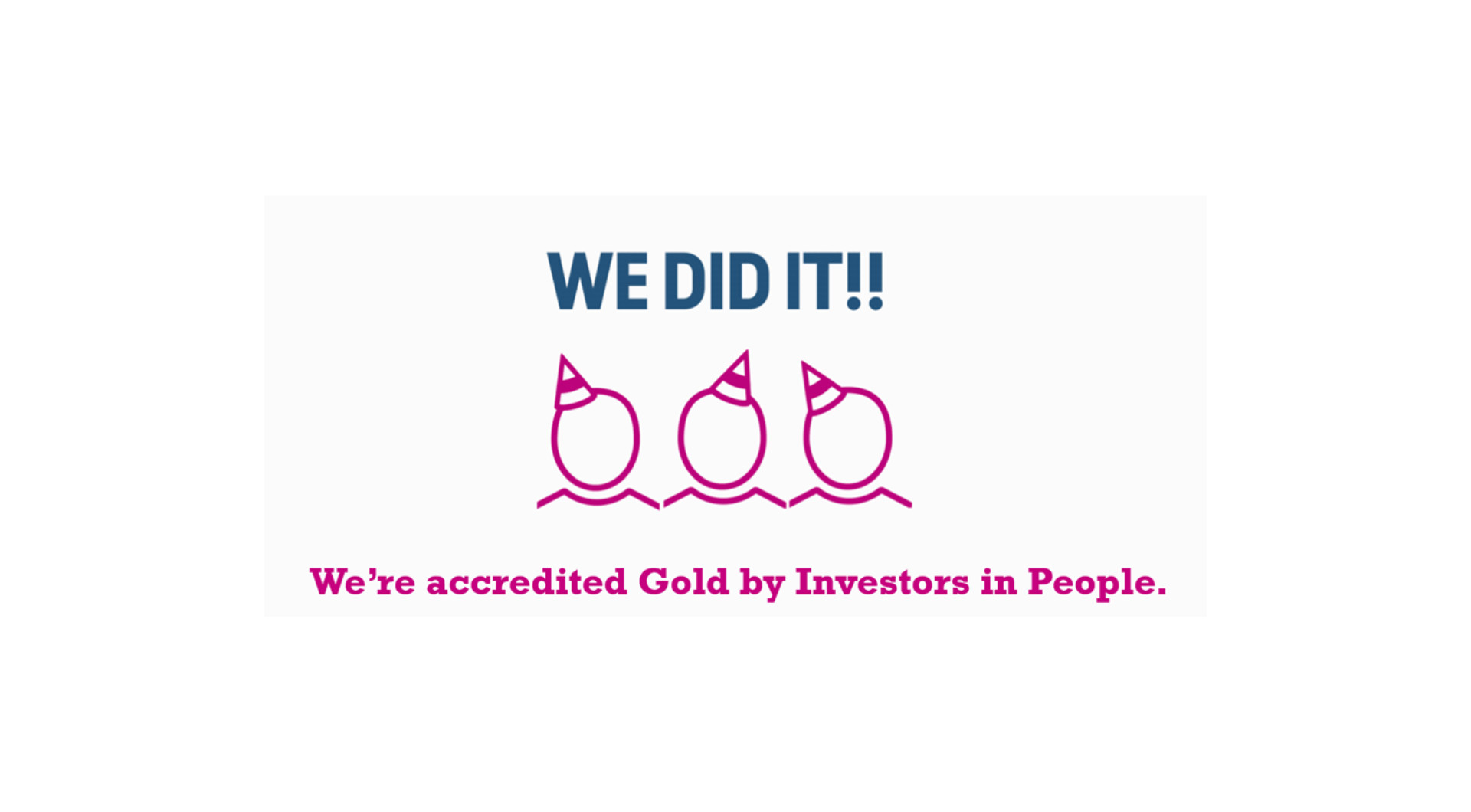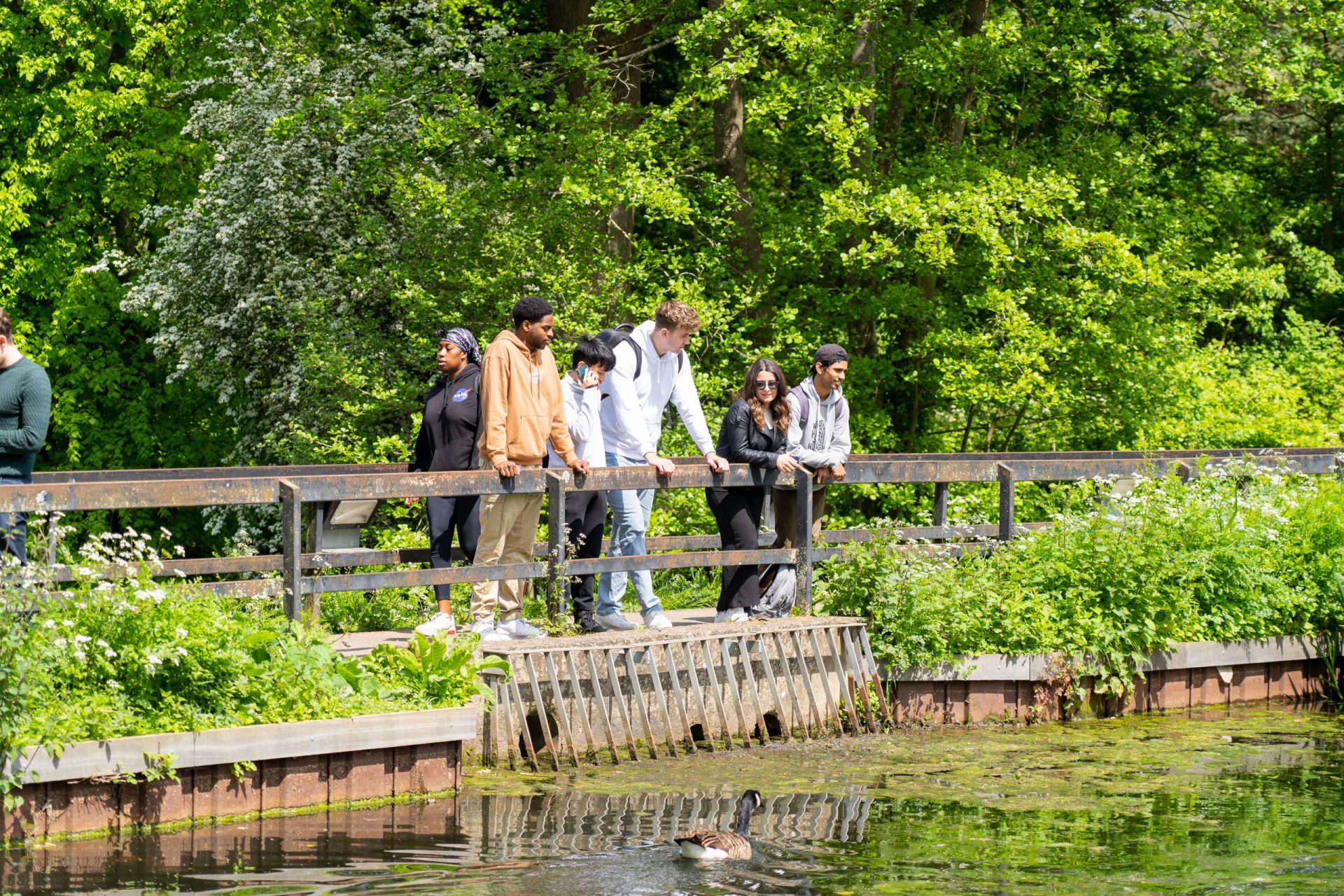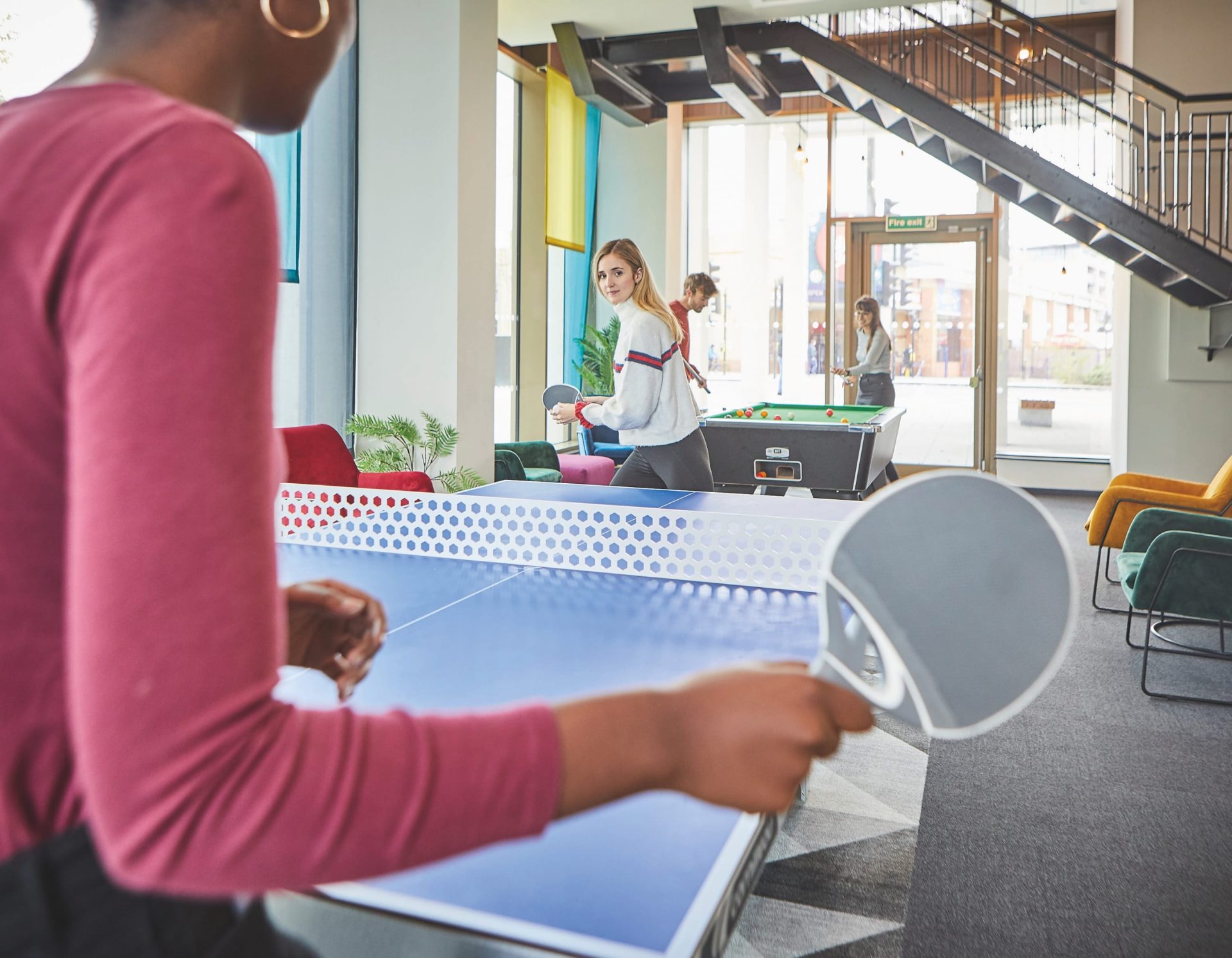Revision is a huge part of any course. Find out what some of our students had to say about what worked for them and how to ensure it doesn’t get on top of you.
“Find the method that works best for you”
How you study is personal to you. From post-it notes to highlighting, we all have our own ways to make sure we remember information.
If you’re not sure what works for you or feel that the way you used to revise no longer does the trick, there’s always other options. Below are a few ideas what you can try, have a go, and see what suits you best:
- Reading over notes and then trying to recite them or write them down without looking eyes closed!
- Creating mind maps – really good if you are more visual in how you work
- Writing lists
- Colour coding topics/themes/groups etc
- Identifying key facts and writing them on cue cards, then testing yourself
- Writing quizzes on the information you are trying to learn – get a friend to test you
- Putting key theories or important things to remember into a song
- Creating posters/sticky notes and placing them in various areas of your home
“Taking regular breaks and remembering to eat are as important as the studying!”
Effective revision does not mean constant revision! Taking breaks is essential. Resting allows your brain to digest and remember the information you have just gone through. Think about when you binge watch a series, how much of it do you actually remember? It’s the same with studying, take your time – it’s all about bitesize chunks and breaks.
It can be easy to grab food here and there when studying or putting it off until you’ve finished a specific topic or module– don’t. Have a healthy snack or meal during your breaks so you continue to fuel your body and brain throughout the day. You might not be moving a lot but your brain needs food and water to concentrate and remember information. Be kind to yourself and take those regular breaks and eat.
“Test yourself”
Practising past papers, getting friends and family to ask you questions or setting yourself questions at the end of each chunk of revision to test your knowledge will help you gauge how much you have learnt, what topic you might need to spend more time on and to celebrate how much you have learnt.
“Teach someone else”
Become the master of your subject by teaching someone who doesn’t know anything about it. Maybe not everyone wants to learn about thermodynamics but by recalling – even at a high level – what you’ve learnt you’ll not only realise how much you do know but will be able to provide someone else with that level of knowledge too.
Talking aloud will also help you to se where there might be gaps in knowledge and where you excel. Plus if you can’t explain it – you probably don’t know it well enough yet.
“Remove yourself from revising every day”
Revising isn’t quick or easy, but you must always remember to be kind to yourself. Studying doesn’t mean you can’t go out and see friends, go to the gym or sit in front of the TV for a few hours and switch off. Pushing yourself too far with hours and hours of non-stop revision will lead to you feeling tried, irritable, unable to concentrate and could put you off from studying altogether.
Make time for you every day and remove yourself completely from studying, guilt-free!
































